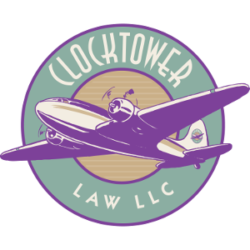You can use your patent offensively to request licenses from competitors or defensively to reject requests for licenses from competitors.
The rights granted to inventors under the Patent Act include the right to exclude others from making, using, or selling your invention throughout the United States. Practically speaking, this means that you can use your patent offensively to request licenses from competitors (either through negotiations or litigation) or defensively to reject requests for licenses from competitors. You can’t stop your competition from infringing your patent rights, but you can sue them, and you may even be able to recover triple damages in court.
Sometimes inventors apply for patents because they need to publicly disclose their idea. For example, you may have a software invention that your sales force needs to demonstrate, describe, and offer to sell. When you file your patent application, you have “patent pending” status and do not lose any of your pending rights by publishing and offering to sell your invention. In this case, it may be easier to file for a patent, rather than try to have each and every prospective customer sign a nondisclosure agreement.
And sometimes inventors apply for patents to prevent their competition from getting patents. If some of your inventions are patentable and some are not (because, for example, they have been on sale for more than a year), you could disclose the non-patentable inventions in a patent application for another invention. When your competitors try to patent similar inventions, your unpatentable but now published inventions may end up being found by the USPTO as prior art and may render your competitors’ pending applications unpatentable. In other words, you could actively try to publish ideas that you don’t want your competitors to patent.


